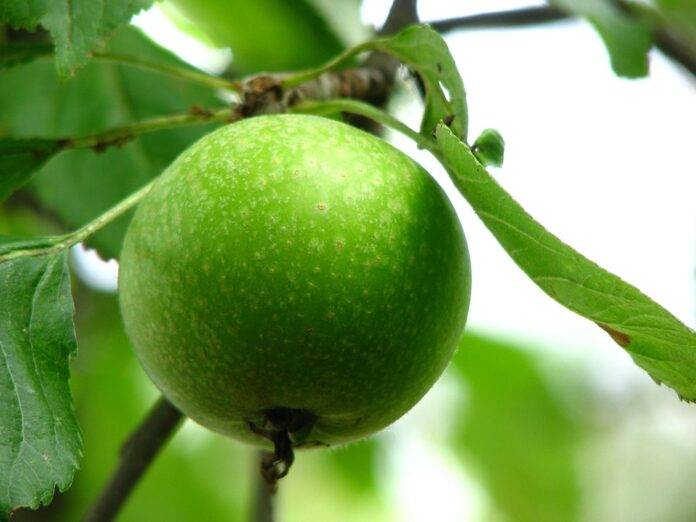The Role of Sustainability and Ethical Sourcing in the Fruit Crisps Industry
The fruit crisps industry has seen a surge in popularity in recent years as consumers become more health-conscious and seek out healthier snack options. However, with this increased demand comes a responsibility for companies in the industry to prioritize sustainability and ethical sourcing practices.
Importance of Sustainability in the Fruit Crisps Industry
Sustainability is a critical factor in the fruit crisps industry, as it ensures the long-term viability of the resources used in production. This includes the responsible use of water, energy, and land, as well as minimizing waste and reducing carbon emissions. By adopting sustainable practices, companies can reduce their environmental impact and contribute to a more sustainable future.
One company that has been a leader in sustainability within the fruit crisps industry is Rhythm Superfoods. They source their ingredients from organic and non-GMO farms, use renewable energy in their production facilities, and prioritize waste reduction through composting and recycling programs. This commitment to sustainability has not only helped Rhythm Superfoods reduce their environmental footprint but has also resonated with consumers who are increasingly looking for eco-friendly snack options.
Benefits of Ethical Sourcing in the Fruit Crisps Industry
Ethical sourcing is another key aspect of responsible business practices in the fruit crisps industry. This involves ensuring that the ingredients used in production are sourced ethically, with fair labor practices and respect for human rights. By partnering with suppliers who adhere to ethical standards, companies can support local communities, promote social responsibility, and build trust with consumers.
One example of a company that prioritizes ethical sourcing is Bare Snacks. They work closely with their suppliers to ensure fair wages and safe working conditions, as well as support community development initiatives in the regions where their ingredients are sourced. This commitment to ethical sourcing not only benefits the workers involved in production but also reinforces Bare Snacks’ reputation as a socially responsible company.
Financial Impact of Sustainability and Ethical Sourcing
While there may be initial costs associated with implementing sustainable and ethical practices in the fruit crisps industry, the long-term benefits far outweigh the investment. Consumers are increasingly willing to pay a premium for products that align with their values, including sustainability and ethical sourcing. Companies that prioritize these factors can differentiate themselves in the market, attract a loyal customer base, and drive profitability.
According to a report by Grand View Research, the global market for fruit crisps is expected to reach $4.8 billion by 2025, driven by growing consumer demand for healthy and natural snack options. By incorporating sustainability and ethical sourcing into their business practices, companies in the fruit crisps industry can position themselves for long-term success and contribute to a more sustainable food system.
In conclusion, sustainability and ethical sourcing play a crucial role in the fruit crisps industry, ensuring the responsible use of resources, supporting local communities, and meeting the demands of increasingly conscious consumers. Companies that prioritize these factors can not only differentiate themselves in the market but also drive long-term profitability and contribute to a more sustainable future for the industry as a whole.




